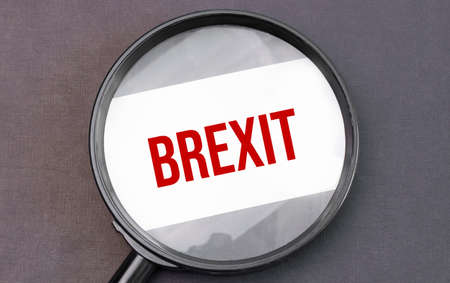Innovative Mortgage Products for Modern UK Property Investors
Overview of the Changing UK Property Investment LandscapeThe landscape of property investment in the UK is undergoing a significant transformation. Traditionally dominated by seasoned landlords and buy-to-let investors, the market now welcomes a more diverse group of participants. Young professionals, tech-savvy millennials, and international investors are all seeking opportunities within the UK’s dynamic property sector.…








